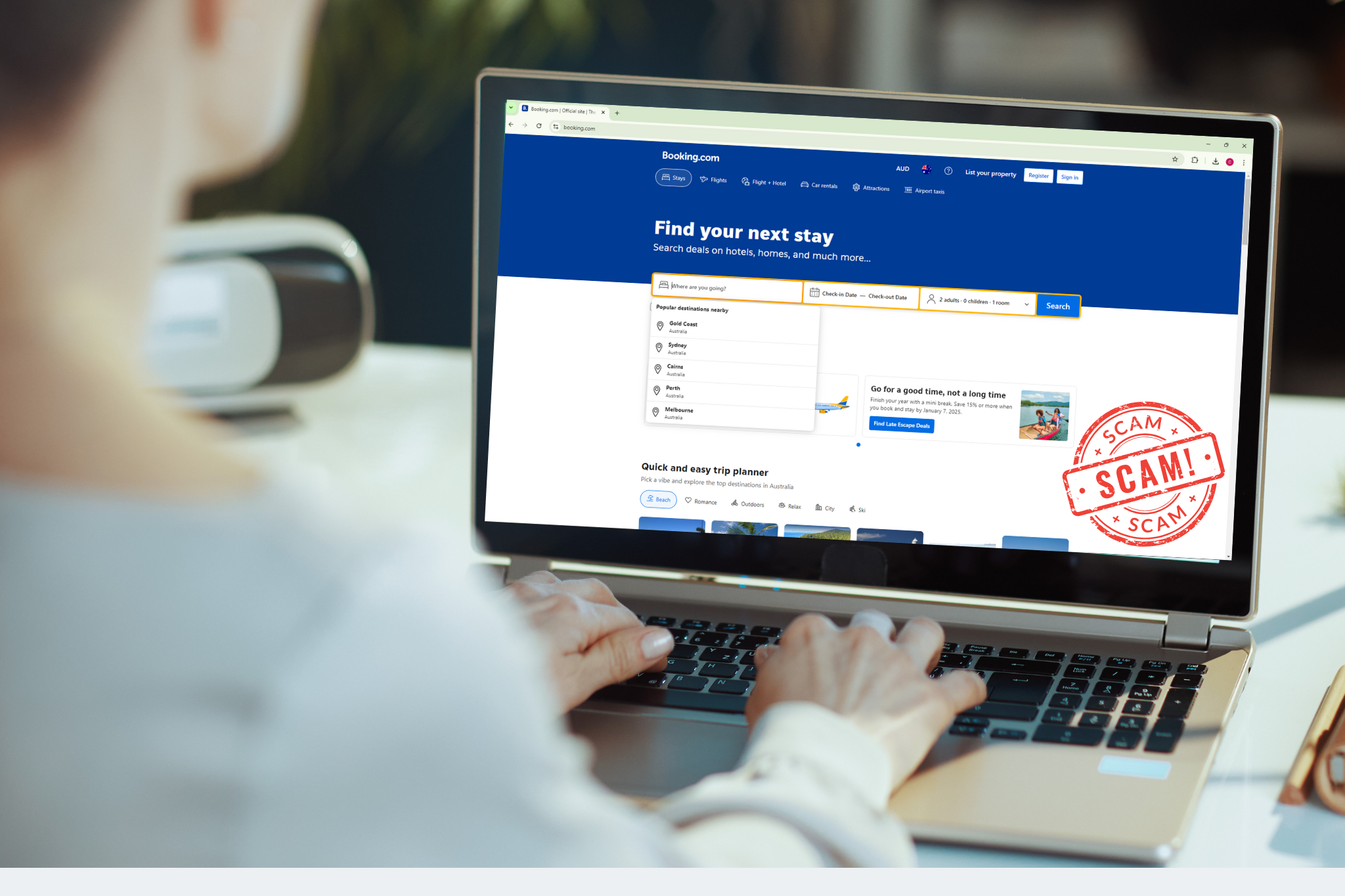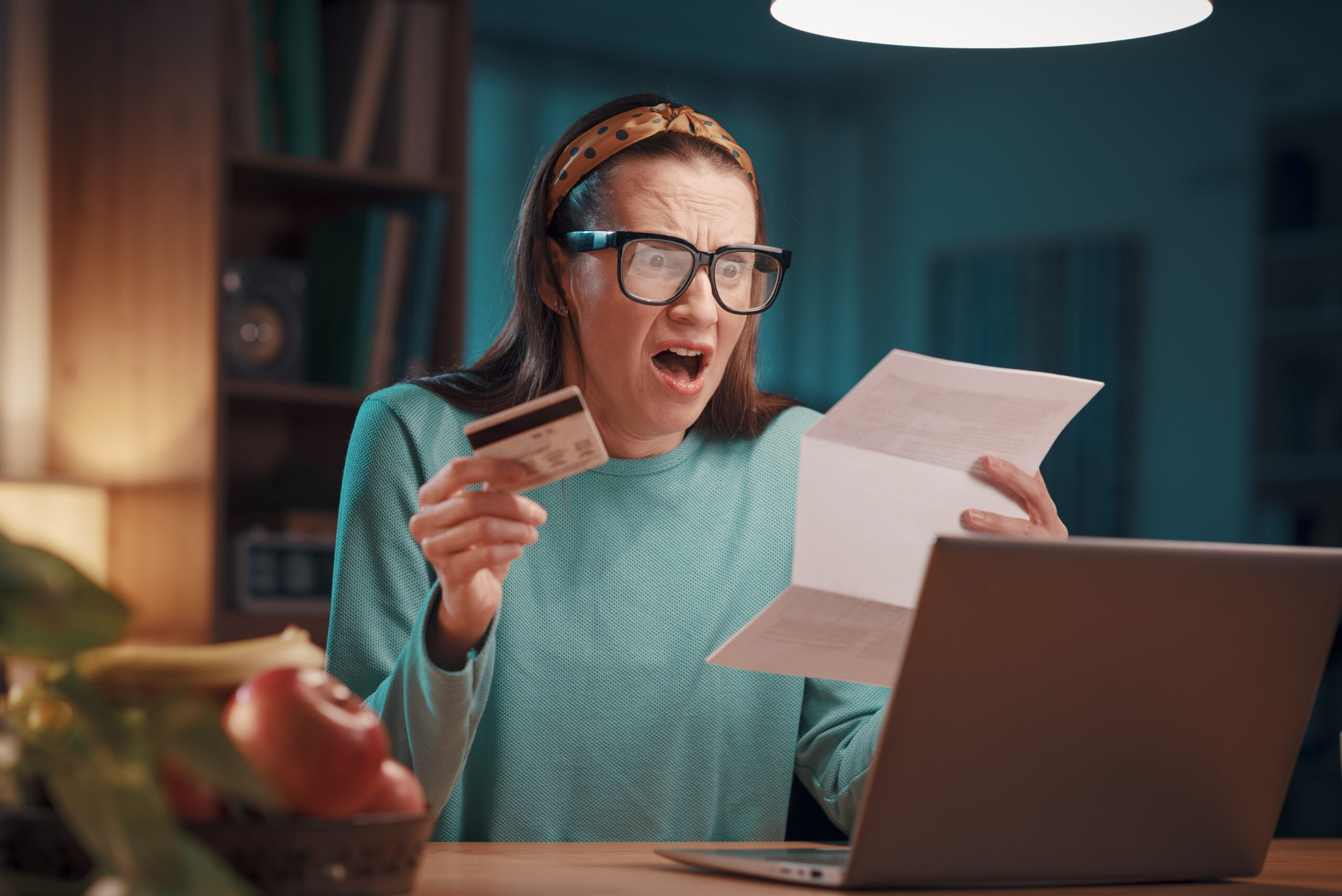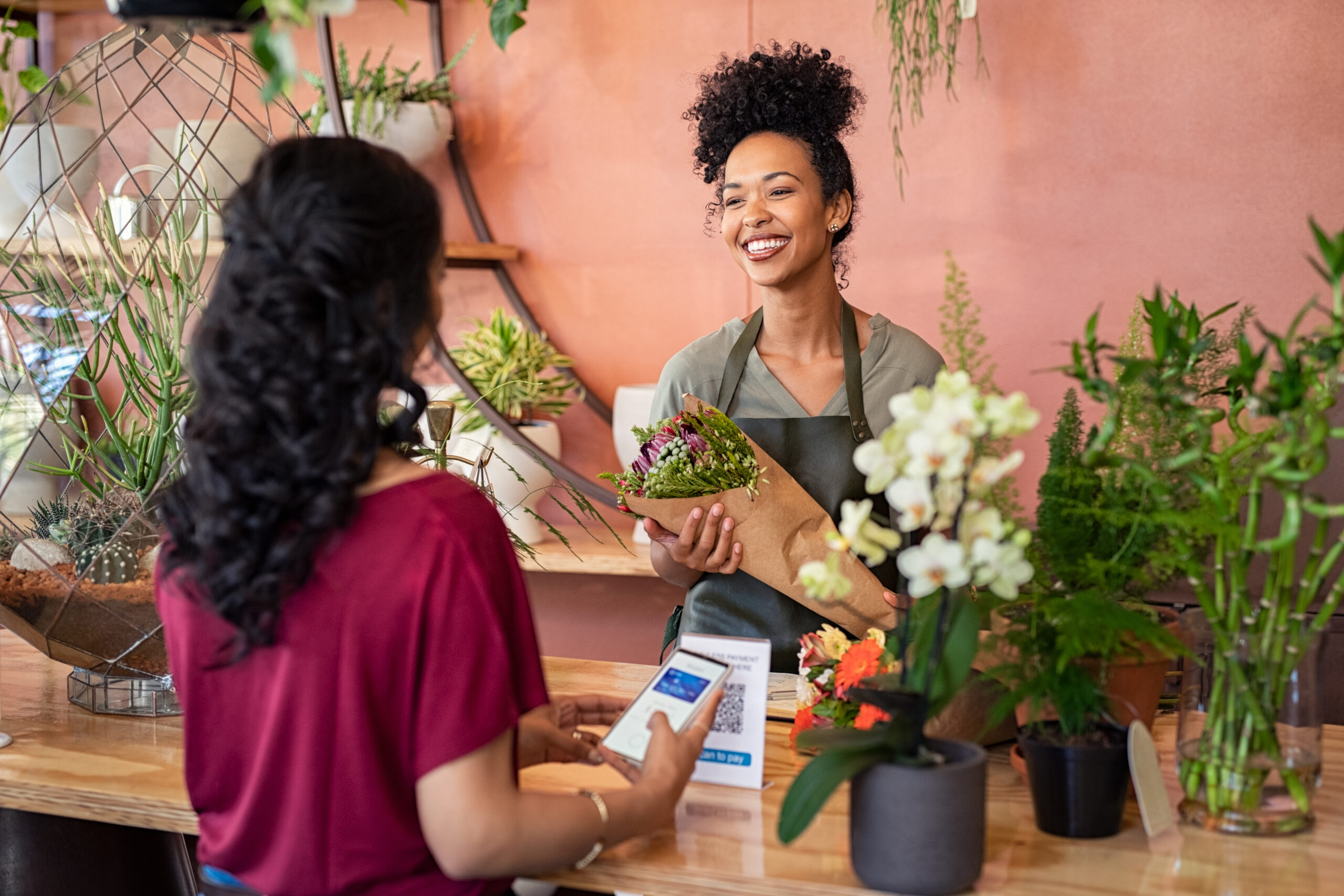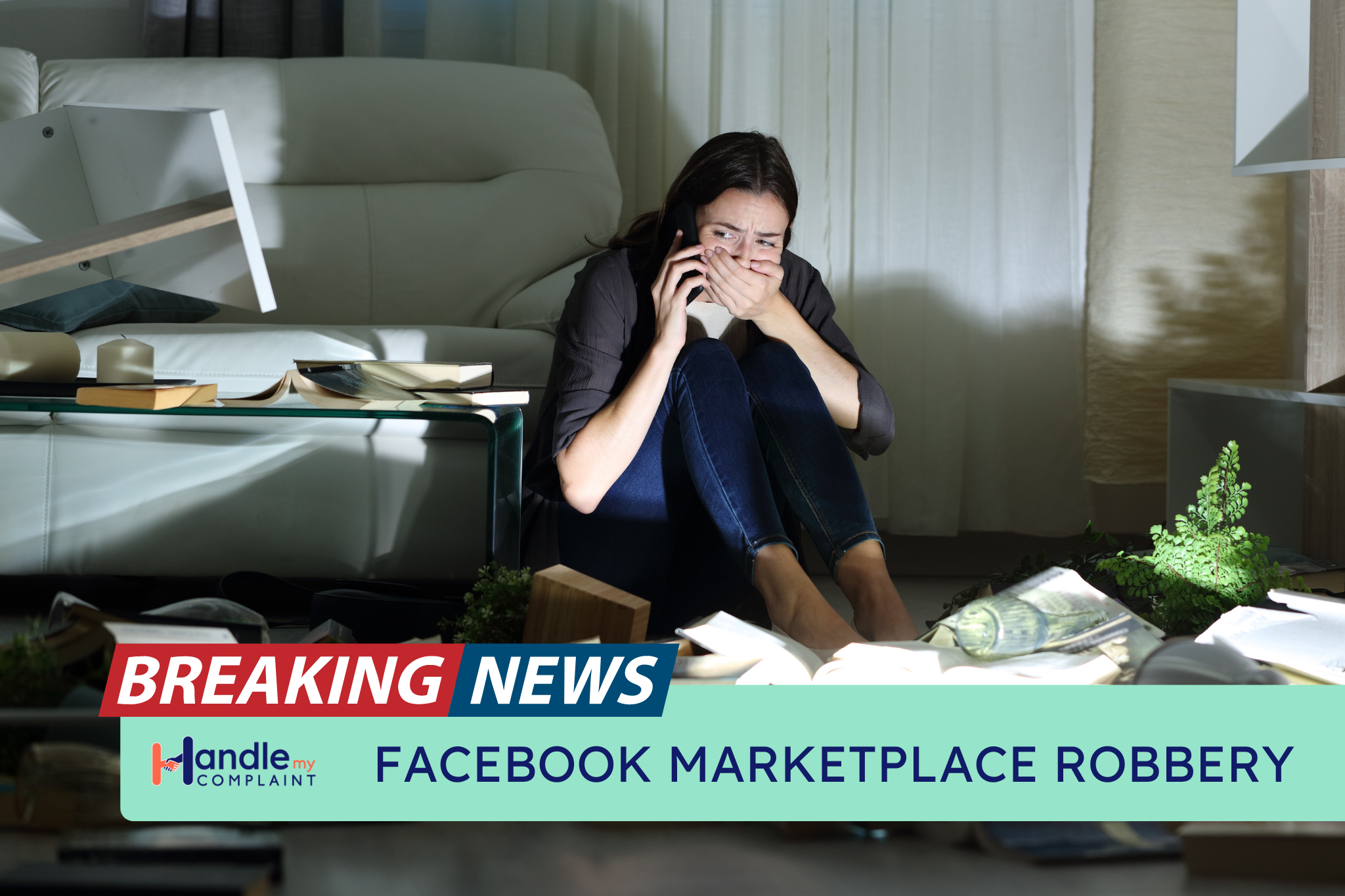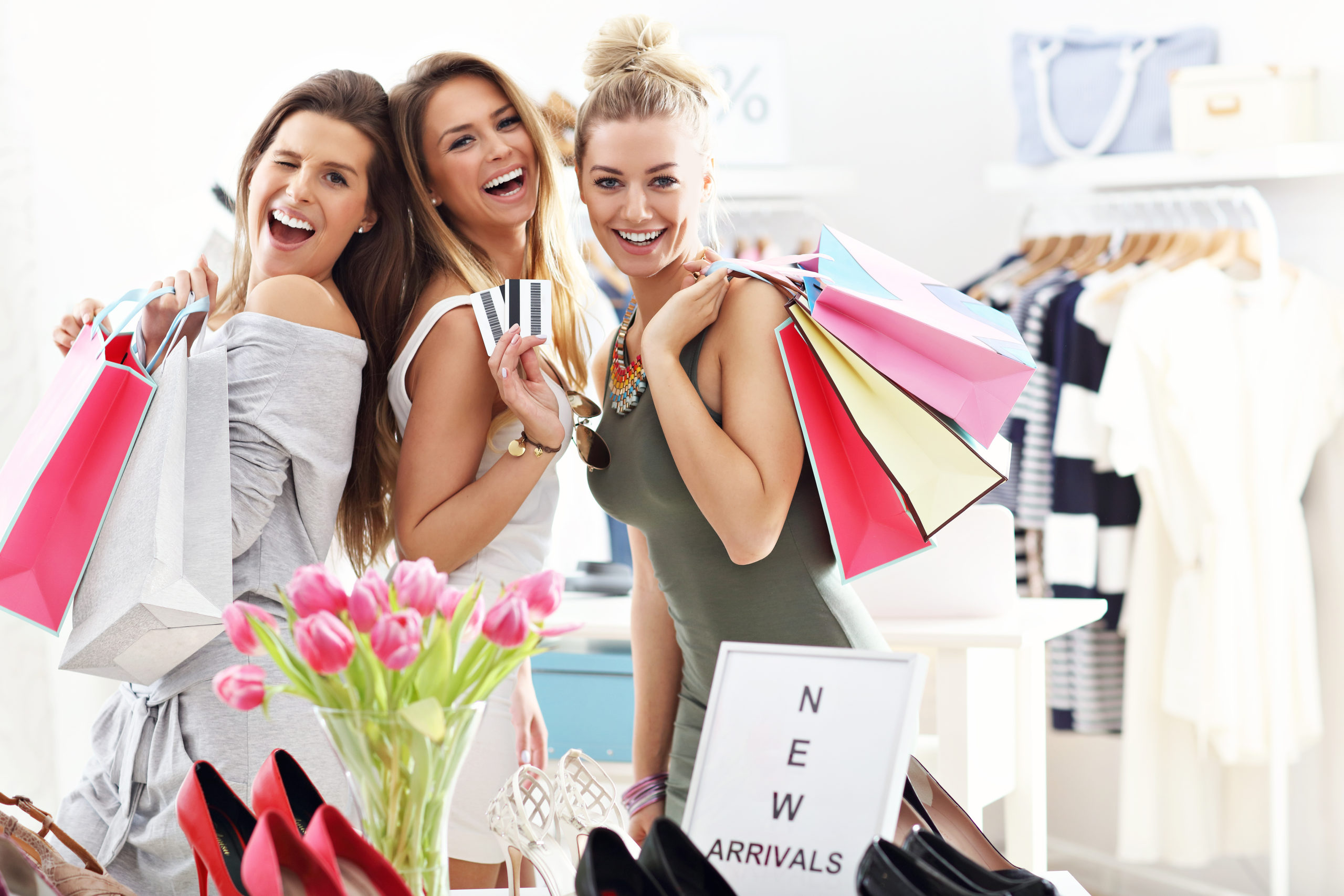
Is there anything good about counterfeit goods?
Last updated on November 29th, 2021
Scammers like to take advantage of what’s popular and urgent. It’s no wonder that in a time of fear and uncertainty, scams spread like a virus, offering fake solutions and knock-off items. We have to be careful because as much as they’re after our money, they’re also out for our personal details and access to our computer. How can you avoid being duped? We’ve rounded up some of the most common trends in fake goods, plus helpful tips to avoid counterfeit tricks.
COVID-19 Scams
Pfizer vaccines
The COVID-19 vaccine is the fastest developed vaccine in modern medicine. It took less than a year to develop; no small feat for science. And now, because of the necessity and urgency of the vaccine—we all need it—there are threats of counterfeit products.
Specifically for the Pfizer-BioNTech COVID-19 vaccine, warnings have been released by the manufacturer about their product’s knock-off counterparts in Australia. Pfizer says that their COVID-19 vaccine is NOT available for purchase online, even via online pharmacies and definitely not in individual doses. The only way to get the Pfizer COVID-19 vaccine is through government-organised vaccination centres or your GP.
In a time of uncertainty, scammers take advantage of fear and disruption. Therefore the reason we're seeing a spike in covid-related scams is because:
-
- COVID-19 vaccines are topical;
- the threat of COVID-19 creates fear; and
- there have been a lot of changes regarding what vaccines are available, when and where.
Masks
Before vaccines were developed, there was also the issue of substandard surgical face masks. And recently, there is criticism of how the Therapeutic Goods Association (TGA) assesses products on sale in Australia.
In the beginning of the pandemic, there was naturally a huge demand for face masks in Australia. Because of the need, we saw a lot of face masks imported into the country. But a big chunk of these masks were found to be cheap and shoddy. In fact, more than 70 percent initially registered masks are no longer listed for use. From 1800 options, we’re now down to about 540 registered masks that are up to standard.
To think that these shoddy masks were also purchased by the government for national distribution is something to worry about. Especially in a national emergency, regulations need to be stricter for our protection.
An example is how Mosaic Brands, known as fashion brands Katies, Noni B, Rockmans, Rivers, BeMe, Crossroads, Millers, were found to falsely advertise K95 masks to be CD/FDA certified. Now they have to pay a hefty fine for flawed marketing of health products.
Sanitisers
Apart from the protection of your respiratory system, proper hand washing and overall hygiene has been promoted for your health and safety. Even sanitisers on sale haven't been safe from poor quality during the COVID-19 pandemic.
The Australian Competition and Consumer Commission (ACCC) found that the same company that marketed substandard K95 masks, Mosaic Brands, also promoted sanitisers that didn’t contain the listed amount of alcohol in the product. This poses a danger to our health.
Knowing this, do you think it is enough for violators to pay a considerable fine? Compromising our health and safety should not be tolerated, and this is something to think about.
Recently, I did a segment with Channel 7's - The Morning Show about the common counterfeits including Covid-19 vaccine fakes, how you can spot them, and what might happen if you have one. Watch the full video below.
Check out the segment for helpful reminder and tips.
Consumer Protection
Authorities are always on the lookout for counterfeiters, but to be honest there are so many items out there that looking for a fake is like looking for a needle in a haystack. The problem is, it’s not that easy to spot a fake.
A new bill is being discussed in the US that would hold online platforms like Amazon and eBay liable for counterfeit products sold through their platforms. Is this a good idea? Personally, I am impressed by this effort by the US government.
The law would say, these platforms need to be active in preventing and dealing with fakers selling dangerous products, things like exploding iPhone chargers or face masks and sanitisers that don’t adequately protect us. It’s a great idea. I just wonder how the government will police this law.
In countries like Italy, there are fines issued to tourists caught buying from illegal vendors like those who sell fake goods. You can be fined up to $11,000 for buying knock-offs to protect legitimate traders of prime products like Italy’s high-quality fashion and accessories.
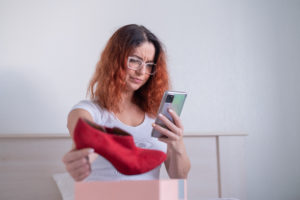
Big Brand Initiatives
There’s no exemption for online marketplaces like Amazon and eBay to have fake products for sale. Amazon reportedly apprehended two million counterfeit products in 2020 with the attempt to “protect its stores from fraud and abuse”. In the same efforts to safeguard us from poor quality products, they employed more than 10,000 people, investing US$700 million in fraud protection.
The numbers released by Amazon help us to understand how big the problem is. Amazon says that they only allow 6 percent of people who want to become sellers to do so. They also stopped 6 million sellers from creating accounts and more than 10 billion suspect listings.
10 billion listings stopped on Amazon alone. Think of how many other retailers are out there online. The problem is huge!
What can be faked?
Anything from footwear to alcoholic drinks can be faked. Brands, retailers, authorities, buyers - we all need to work together to catch the fakers. Counterfeiters thrive when the product is distinguished and popular, as we’ve seen in a couple of fake goods cases.
Penfolds wine recently found that their products were being faked by Chinese fraudsters who made cheap wine packaged in fancy bottles. As it is denounced, Chinese authorities busted the operation that is estimated to have been running for three years, making $26 million.
In our last scam segment we also spoke about Nike suing 589 websites, the owners of 676 social media accounts and more than 100 unidentified parties for allegedly selling counterfeit versions of its Nike and Converse shoes online. This is a great attempt by Nike, but just a drop in the ocean.
If you come across what you believe is a fake, let the Brand know, the platform you’re buying from, or the relevant government agency. They will investigate.
Would you want a knock-off?
Counterfeits are cheap in both senses of the word—inexpensive and flimsy. They are most likely substandard, not following safety requirements. They can pose a danger to your health and, if only for regulations, are illegal. But the reality of getting a fine is currently really small if you buy fakes for only your use.
So, what’s keeping you from buying a fake, right? Dupes can come in different shapes and forms. They can be short-lived gadgets with no warranties or other hazardous items we might ingest or apply on our skin. If you want to learn more about fake cosmetics and how to spot them, have a read of our guide here.
It's also important to know that companies are investing in technology that will help them protect their brands. For example, counterfeit Australian cherries were recently seized in Hong Kong when it was discovered that the QR codes on the boxes were fake. With the help of technology, it will get harder to get away with owning a fake.
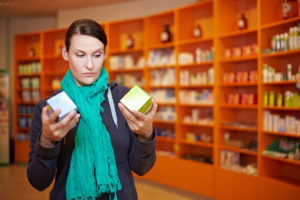
Most Common Counterfeits
At least $700 billion yearly—that’s how much fake products trading the globe are worth and it’s no question that we need to be wary of how and where we buy our products.
So you can be on the lookout, the most commonly knocked-off items are:
-
- toys
- fashion and accessories such as handbags, shoes, watches
- car parts and accessories
- cosmetics and beauty products
- electronics including mobile phones
Don’t be duped!
Like we said, fake items are hard to spot sometimes. But there are ways you can try to avoid buying knock-offs unknowingly. Here are some points we recommend:
Avoiding counterfeits
-
- The brand’s website is your best friend. Buy products directly from their platform as it‘s the best way to avoid being duped.
- Marketplaces like eBay and Amazon are popular and convenient, but be wary of product listings and check the seller’s reviews and history.
- Even before purchasing the item, check labels, packaging, and ingredients lists specifically looking for poor print quality and misspellings.
- Especially when buying online, ask for extra pictures so that you can inspect the product thoroughly.
Checks before you buy
When you’ve chose your item, there are also some red flags you can spot before you buy the product:
-
- Irregular photos are telling. If the seller can’t post quality photos, consider it a red light.
- Big discounts don’t always mean big savings when the item you’re getting is a counterfeit. Make sure you get your money’s worth with legitimate products.
- If a brand issues a warning about fake listings of their products, you should be extra cautious of shady sellers.
- User reviews and sales history can help you with doing a background check on your seller. If there are slim to none, be careful buying from that seller.
- The Australian Consumer Law (ACL) says that anything you buy in Australia has to last for at least 12 months. This means you basically get a warranty on everything you buy. But if there are no after-sale warranties offered, that deal is suspicious. Learn more about ACL here.
On-delivery red flags
You can still check the authenticity of your item when it gets delivery. Here are some ways you can identify if the product you’re holding is fake:
-
- Trust your instincts. If you feel like there are some issues with quality, call it and ask for a refund.
- Use your senses! If there is an unusual smell or taste, your item might be inauthentic.
- Judge the book by its cover. If your item comes in an old packaging or if it doesn't even come in one at all, that can be a sign that your product is fake.
Have you been duped? We have zero-tolerance for illegal knock-offs. If you’ve ever received fake goods unknowingly, lodge your complaint with us and we’ll make sure to set the record straight with your counterfeit product.



